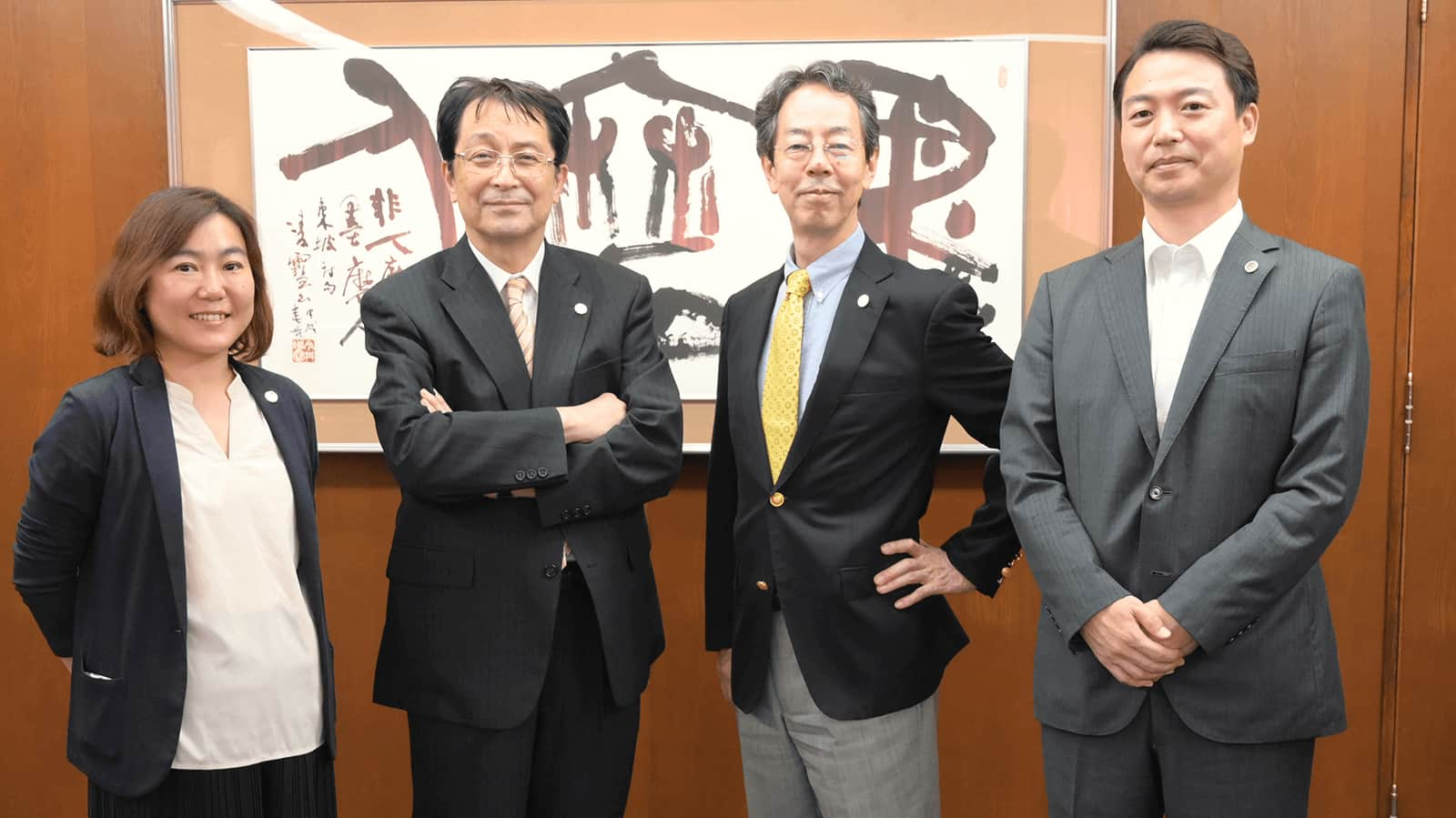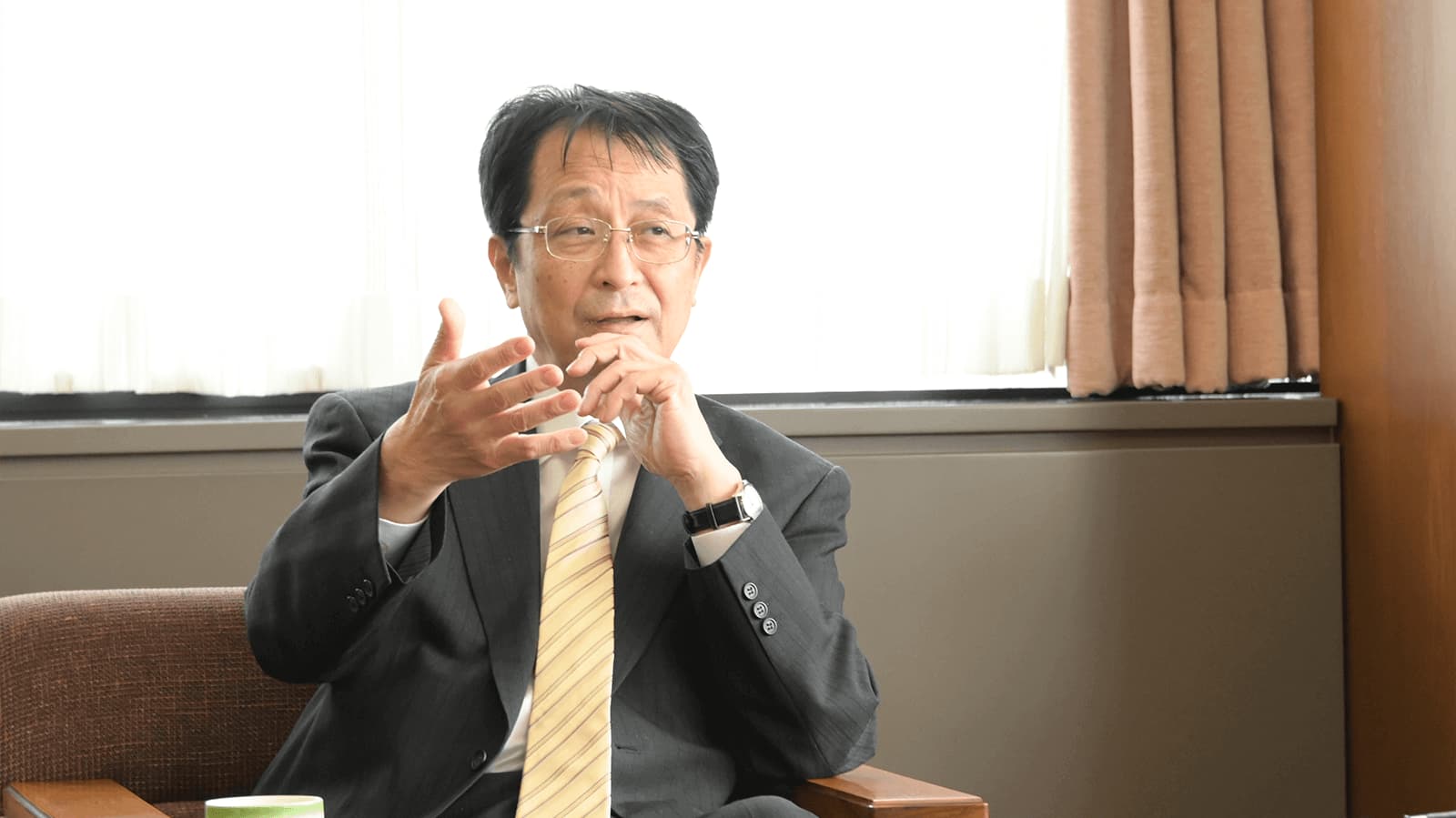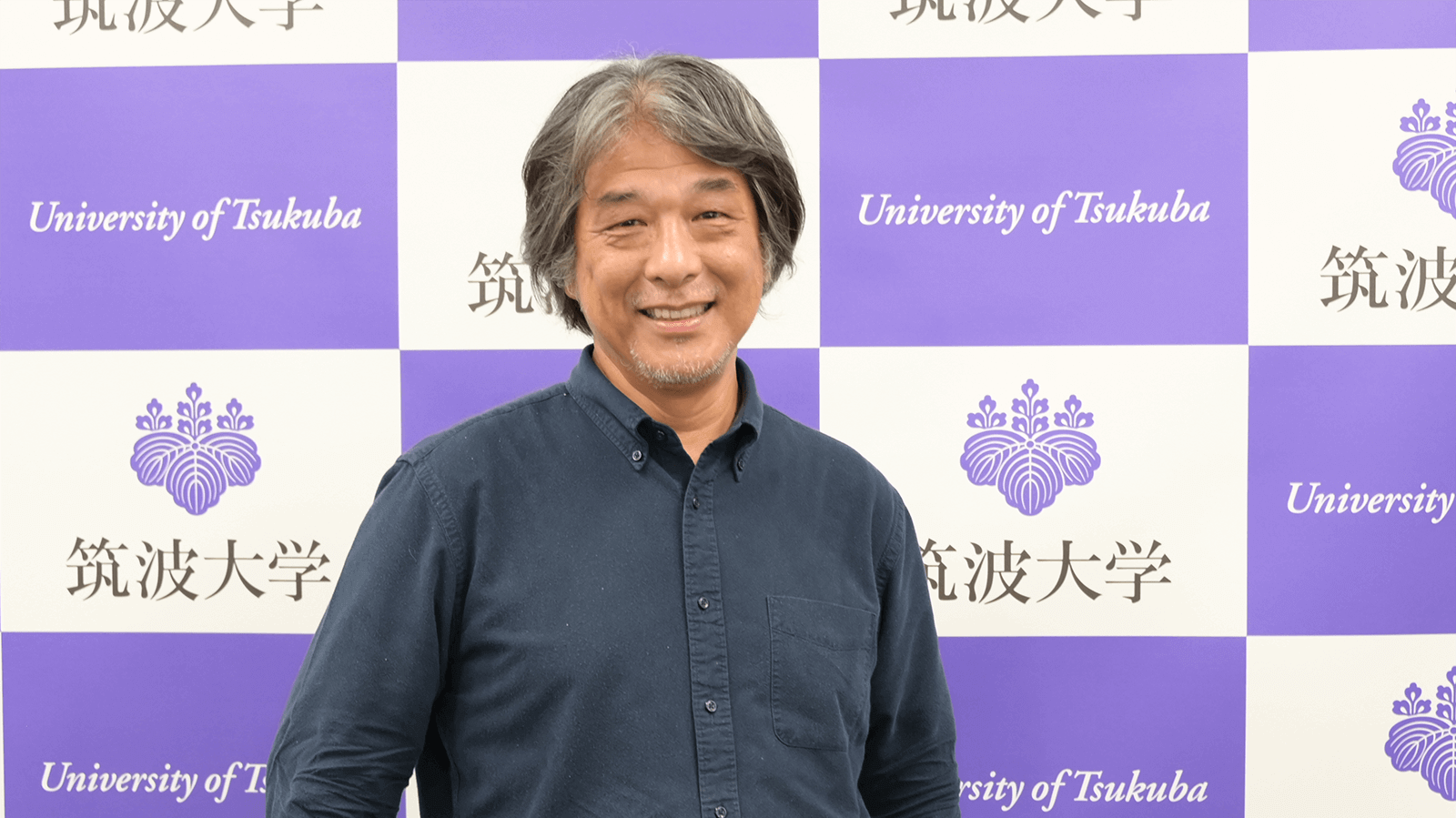Articles

Column: A quick guide to the F1000Research– University of Tsukuba partnership
In May 2020, Japan’s University of Tsukuba announced that it had entered into a partnership...

Breaking the barriers of modern academic publishing: A movement started by humanities and social sciences researchers
“Was the implementation of the F1000Research platform meant to highlight an issue relevant to the...

Putting control back into the hands of researchers―The future of academic publishing and university rankings is being challenged by the reform mindset of the University of Tsukuba
Kyosuke Nagata is a passionate reformer who came to the university to promote change. The...

Eliminating the language barrier in research―How the University of Tsukuba is changing the way we share groundbreaking knowledge
To what extent can the Open Research Publishing Gateway—which allows publication in Japanese and English—address...

Ask Rebecca: How F1000Research works
Q1. How quickly can one get published on F1000Research? A1. You can see your article...

Breaking with tradition─How Elsevier evolved into a full-spectrum solutions platform for authors in the face of threat from open science
In the last decade, many leading academic publishers have reinvented themselves. In the ’90s, the...

As the coronavirus pandemic spurs preprint culture, the University of Tsukuba looks to the future
In mid-April 2020, as the COVID-19 pandemic began to rage around the world, numerous papers...

Traditional publisher’s latest trend
Publishers have been the gatekeepers of scientific information ever since they started acquiring journals in...

Will F1000Research win over the traditional scholarly publishing model?
In order to understand the true significance of the University of Tsukuba and F1000Research partnering...

No End or Waste in Research ─Enabling an evolving, living publication ecosystem
When we spoke to the faculty members of the University of Tsukuba about its partnership...






